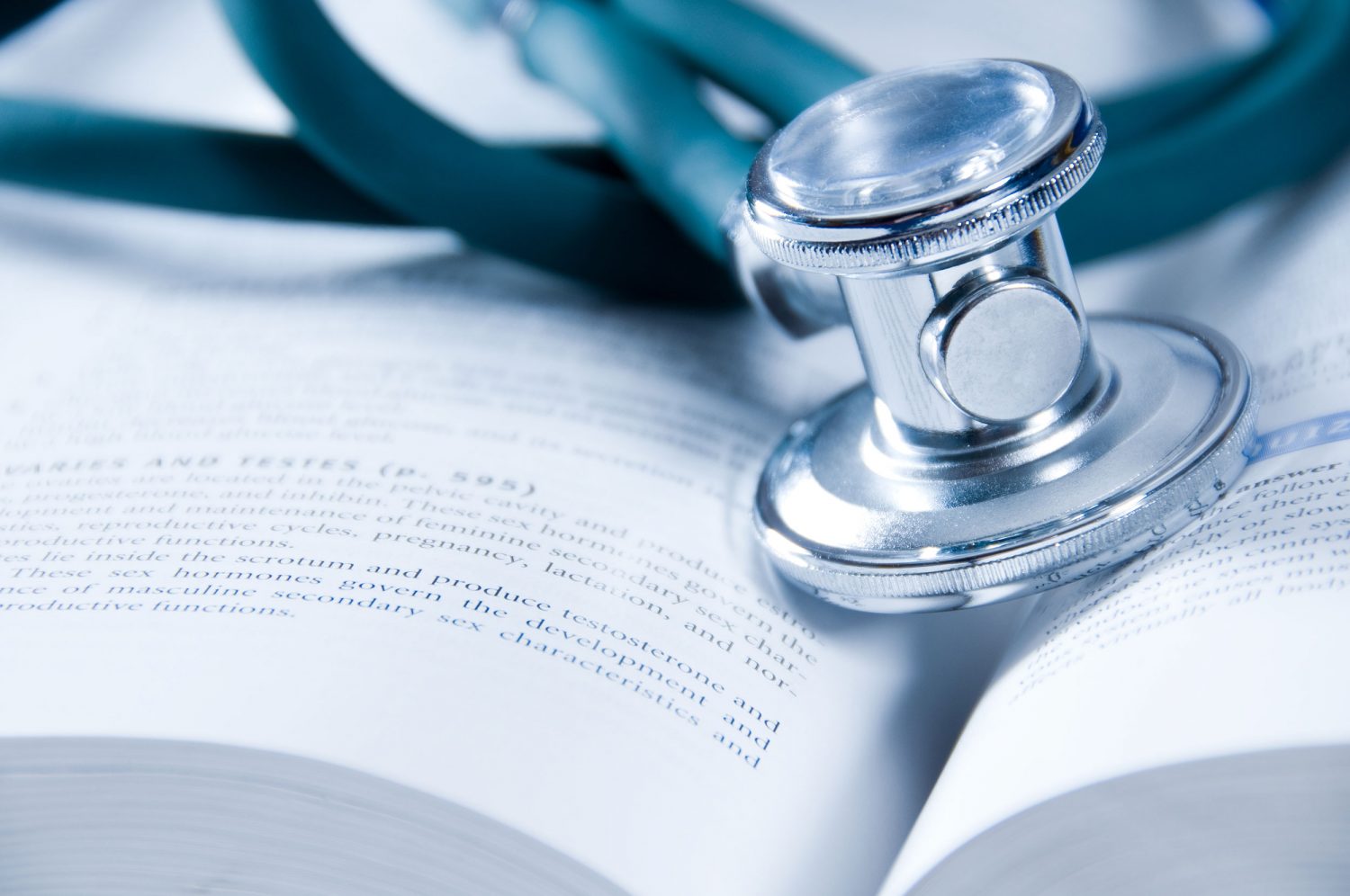« Notre corps stocke des graisses afin de constituer des réserves d’énergies. Par « lipœdème» on entend le stockage anormalement localisé de ces graisses, le plus souvent réparties des hanches aux chevilles.
Le lipœdème est une maladie reconnue par l’Organisation mondiale de la santé depuis 1940. Il peut passer par 4 phases aux cours desquelles les symptômes s’aggravent. Sans traitement la quantité des graisses sous la peau peut aller de 0,5 à 7 ou 8 litres. Ceci entraîne des difficultés à se mouvoir et donc à éliminer naturellement les graisses du corps. Des douleurs peuvent également survenir dès la phase 1.
À ce sujet, j’aimerais poser les questions suivantes à Monsieur le Ministre de la Sécurité sociale :
- L’opération du lipœdème est-elle considérée comme intervention de chirurgie esthétique? Dans l’affirmative, pour quelles raisons?
- En termes de prévention, Monsieur le Ministre ne juge-t-il pas utile de rembourser des interventions chirurgicaux de lipœdème dès la phase 1 afin d’éviter l’aggravation des symptômes? Dans la négative, pour quelles raisons?
- Dans la réponse à la question parlementaire N°3404 du 8 janvier 2021, Monsieur le Ministre a expliqué que la Commission de Nomenclature a décidé d’introduire deux nouveaux actes pour le traitement du lipœdème en phase 3. Monsieur le Ministre, peut-il fournir des précisions concernant ces nouveaux actes? »






